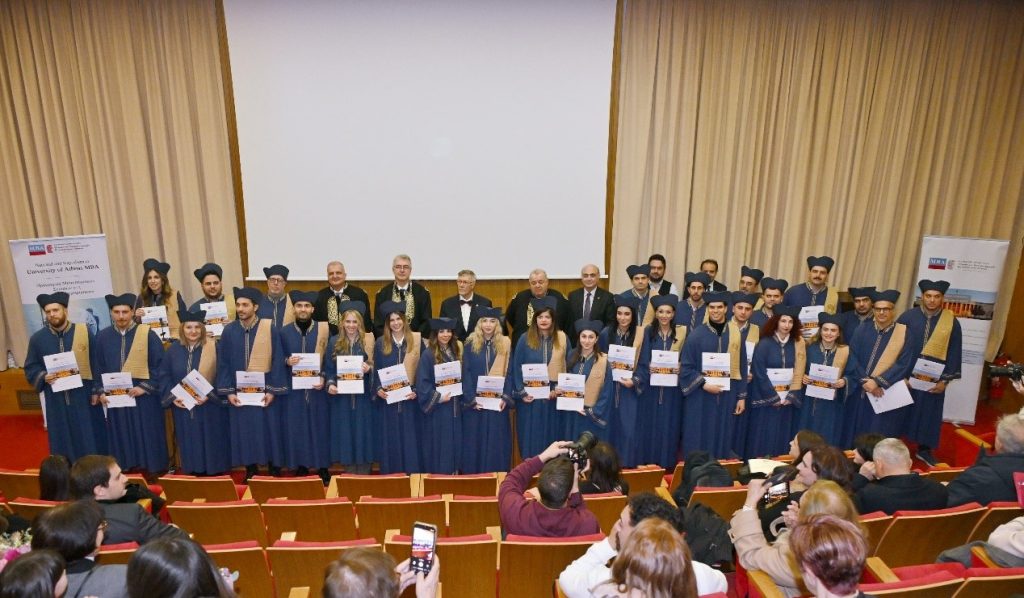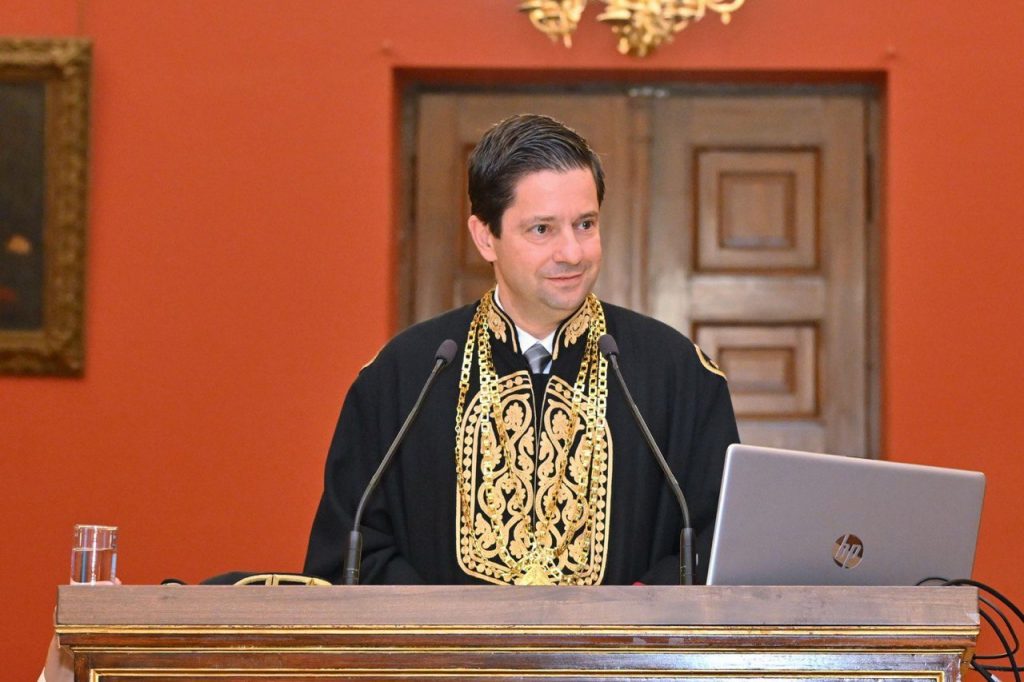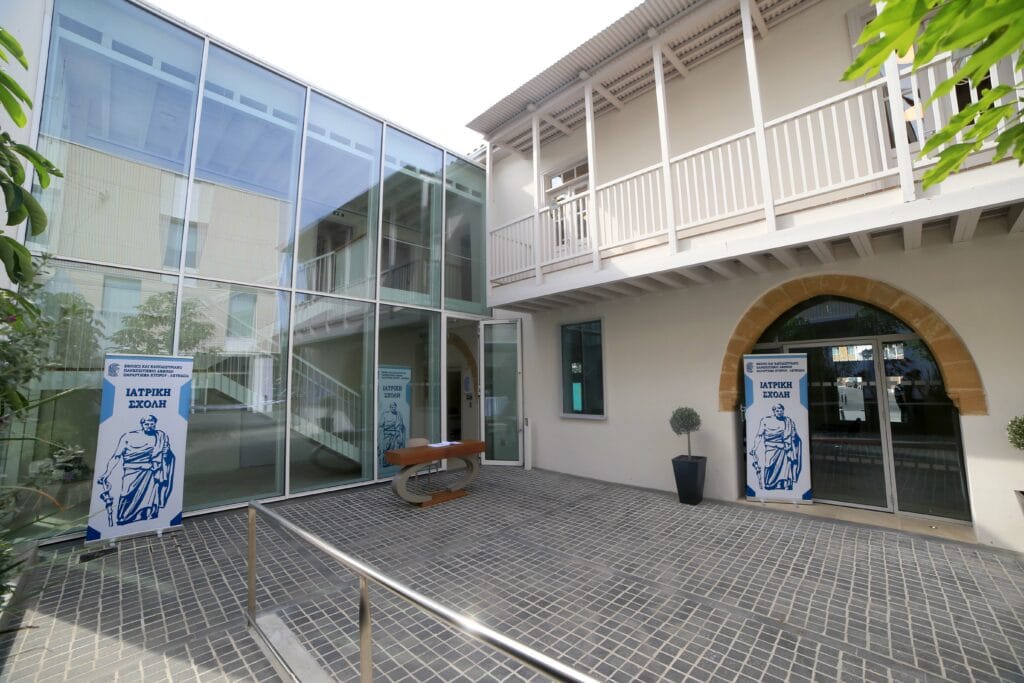Ο Αναπληρωτής Καθηγητής του University of Valladolid, της Ισπανίας, κ. Jairo Rodríguez-Medina, ο οποίος είναι επισκέπτης καθηγητής στο Παιδαγωγικό Τμήμα Δευτεροβάθμιας Εκπαίδευσης κατά το Χειμερινό Εξάμηνο 2024-25, θα πραγματοποιήσει σεμινάριο με θέμα, «Introduction to Systematic Observation: Foundations, Designs, and Data Analysis for Research in Intellectual Disability and Neurodevelopmental Disorders». Η εν λόγω δράση τελεί υπό την αιγίδα του Εργαστηρίου Ειδικής Αγωγής και Συμβουλευτικής της Οικογένειας και της κατεύθυνσης: «Ειδική Αγωγή» του Μεταπτυχιακού Προγράμματος Σπουδών «Θεωρία, Πράξη και Αξιολόγηση του Εκπαιδευτικού Έργου», του Παιδαγωγικού Τμήματος Δευτεροβάθμιας Εκπαίδευσης.
Το σεμινάριο θα πραγματοποιηθεί στις 27 Νοεμβρίου 2024, 10.00-14.00 στην Αίθουσα 640, 6ος όροφος Φιλοσοφική Σχολή ΕΚΠΑ
Για την παρακολούθηση του σεμιναρίου είναι απαραίτητη η γνώση της Αγγλικής Γλώσσας
Η συμμετοχή στο σεμινάριο είναι ελεύθερη, αλλά προϋποθέτει εγγραφή στο: https://forms.gle/xQqABAT7ifmFv6Gj8 μέχρι τις 25/11/24
Αναλυτική περιγραφή και θεματικές του Σεμιναρίου
The seminar will provide a comprehensive overview of systematic observation, covering its foundational concepts, research design principles, data management techniques, analysis methods, and applications in neurodevelopmental research. We will explore the definition, purpose, and historical context of systematic observation, as well as its role in studying neurodevelopmental disorders from a mixed methods approach. Research design will be examined, focusing on various design types and their implications. Data collection and management practices, including observation methods, coding systems, and data quality control measures, will be discussed. Data analysis techniques, such as lag sequential analysis and polar coordinate analysis, and result interpretation, will be covered. The course will also delve into the practical applications of systematic observation in neurodevelopmental research. Additionally, we will address important considerations like inter-rater reliability, ecological validity, challenges, and future directions in the field.
Objectives
Upon completion of this course, students will be able to:
- Define systematic observation and its role in neurodevelopmental research.
- Understand the principles of research design for systematic observation studies.
- Utilize various observation methods and data management techniques.
- Apply statistical analysis methods to systematic observation data.
- Critically evaluate the strengths and limitations of systematic observation.
- Develop research questions and hypotheses using systematic observation.
- Design and conduct systematic observation studies.
- Interpret and communicate the findings of systematic observation studies.
Sections
Section 1: Foundations of Systematic Observation
- Definition and purpose of systematic observation
- Systematic Observation as a mixed method
- Applicability
Section 2: Research Design for Systematic Observation Studies
- Stages of Systematic Observation Research
- Types of research designs
Section 3: Data Collection and Management
- Observation methods (e.g., direct observation, video recording)
- Coding systems (development and use)
- Data entry and management
- Quality control measures (Inter-rater reliability)
- Software for data collection
Section 4: Data Analysis
- Lag Sequential Analysis
- Polar Coordinates Analysis
- Interpreting results and drawing conclusions
- Software for data analysis
Βιογραφικό του Αν. Καθηγητή κ. Jairo Rodriguez-Medina
Dr. Jairo Rodríguez-Medina is an Associate Professor of Research Methods at the University of Valladolid’s Department of Pedagogy. As a member of the esteemed Psychology, Health, and Neuroeducation research group, his work centers on evaluating programs for the inclusion of individuals with intellectual disabilities and neurodevelopmental disorders in educational, social, and professional settings. Dr. Rodríguez-Medina’s research expertise encompasses observational methodology, mixed research methods, and network analysis. With over 40 publications in prestigious international journals, he has made significant contributions to the field.


![Σεμινάριο του επισκέπτη καθηγητή του ΠαιΤΔΕ Jairo Rodríguez-Medina [27/11/2024]](https://hub.uoa.gr/wp-content/uploads/2024/11/medina_01-1024x552.jpg)

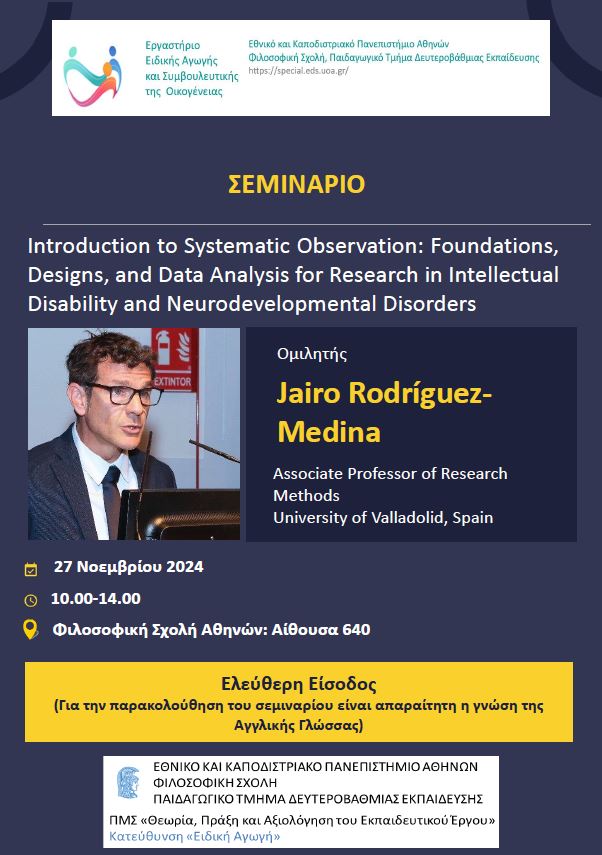
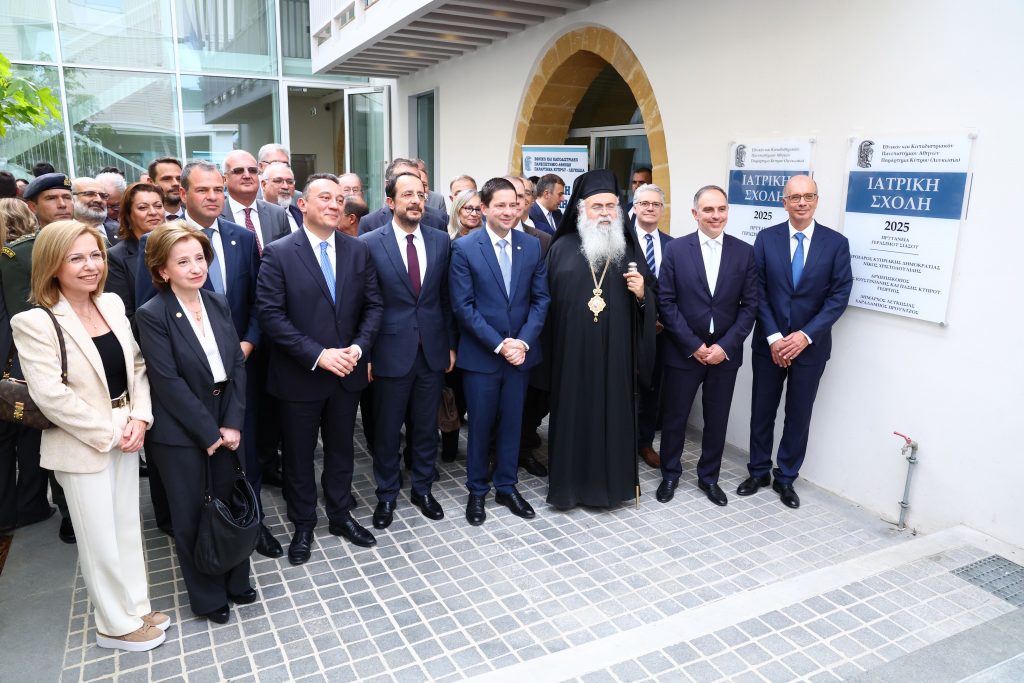

![Εκδήλωση της Νομικής Σχολής και της Ένωσης Αστικολόγων με τίτλο «Προς ένα νέο Κληρονομικό Δίκαιο» [14/1/2026]](https://hub.uoa.gr/wp-content/uploads/2025/12/csm.jpg)
